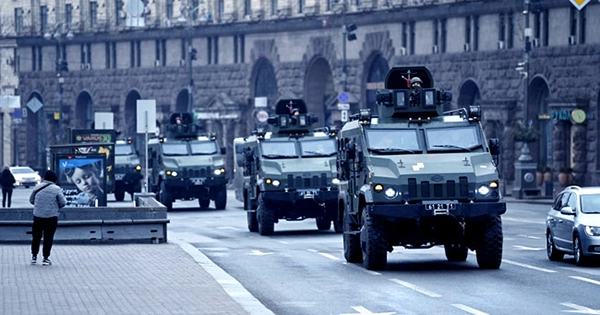Elon Musk has urged Europe to increase nuclear energy production as a means of weaning itself from Russian fossil resources. The war in Ukraine and the following sanctions imposed on Russia have underlined Europe’s reliance on Russian energy exports, particularly oil and natural gas, in recent weeks. Nuclear energy, in Musk’s opinion, is an obvious option for Europe to avoid Russian fossil resources and become more energy self-sufficient.
“Hopefully, it is now self-evident that Europe should restart dormant nuclear power plants and improve the power output of those that are already operational. This is *extremely important* for national and international security “On Monday, Elon Musk, the CEO of Tesla and SpaceX, sent out a tweet. Musk even volunteered to put his money where his mouth is, preparing for individuals to raise worries about radiation: “For those who (mistakenly) believe this is a radiation issue, choose the worst spot you think is the worst.” I’ll visit there and consume locally grown cuisine while watching TV. This was something I did many years ago in Japan, just after Fukushima. The risk of radiation is substantially smaller than most people assume.”
In recent years, certain European countries, such as Germany, Italy, Switzerland, and Spain, have attempted to phase down their nuclear energy infrastructure. Simultaneously, owing to the political consequences and sanctions resulting from Russia’s invasion of Ukraine, several of these nations are presently having to reassess how much natural gas and oil they purchase from Russia. There are no easy answers, but with the United States mulling a ban on Russian oil imports and its European allies pondering similar measures, it appears that solutions are urgently needed.
“Also, nuclear power is far better for global warming than using fossil fuels,” Musk continued. This final remark on climate change is correct. Nuclear energy has a terrible image for its environmental implications, maybe for obvious reasons, although nuclear power plants create no greenhouse gas emissions while operating and can pump out massive amounts of electricity. Nuclear power does create some carbon during its lifespan, although it is still less than many renewables. Some see nuclear energy as a way to quickly cut greenhouse gas emissions because of its low carbon credentials.
However, the Russia-Ukraine crisis has brought to light some of nuclear energy’s broader dangers. A fire broke out at Ukraine’s Zaporizhzhia Nuclear Power Plant last week, which was assumed to be caused by Russian bombardment. In the early days of the invasion, the Russian forces also destroyed two nuclear waste dumps. Biologists are also concerned that fighting in the exclusion zone surrounding the abandoned Chernobyl Nuclear Power Plant in northern Ukraine might endanger humans and wildlife in the region.














